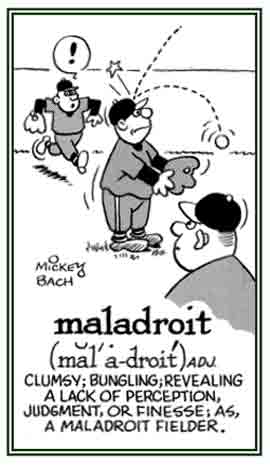regi-, reg-, rec-, rex-
(Latin: to direct, to rule, to lead straight, to keep straight; to guide, to govern)
Although it does not appear to be correct, all of the words in this unit etymologically come from this family group. Some words; such as, surge and its related formats, may be presented as separate units; however, they originally evolved from this family unit.
2. A rebellion against the government or rulers of a country that often involves armed conflict: The Boston Tea Party, which was a political uprising against the rule of England, is certainly an excellent example of an insurrection which took place in Boston, Massachusetts in 1773.
2. A case of an open uprising against a civil authority: A famous insurrectionary was the Boston Tea Party that occurred in Boston in 1773.
2. A period of time during which there is no government, control, or authority: There was an interregnum, or a time of temporary suspension of government control, when the citizens enjoyed the life of being free to do whatever they wanted to do!
3. A gap in an ongoing activity; interval: An interregnum is the interruption or a pause in any kind of continuous pursuit.
2. Pertaining to something that is not smooth or straight, and lacks a regular pattern: The blue paint on the walls of the bedroom seemed to dry in irregular blotches.
3. Regarding a person's conduct that is not in agreement with accepted rules or norms: The former senator was accused of irregular and illegal financial transactions.
4. Descriptive of troops that are not part of an authorised army: Jim read in the newspaper article that there were 30 irregular armed units that were participating in the battle.
2. The state of inconsistency: The irregularity of Nancy's working hour caused her to have problems sleeping, so she went to the doctor to see how this issue could be solved.
3. Behavior that is not in agreement with accepted rules or norms; inappropriateness: Jack's irregularities when doing business with other companies was noticed by his colleagues.
When June was in hospital, the doctors noticed that she breathed irregularly.
The little bowl that Lynn made in first grade was irregularly shaped.
When her brother said Rebecca was a maladroit, he was referring to her use of a computer for the first time.
The presidential candidate has been criticized for what is considered to be his maladroit remarks about the Olympics in London and for suggesting that Jerusalem was once the capital of Israel among other things.
2. Relating to the instance of being tackless and insensitive in one’s behavior or speech: Ralph's neighbor has a son who is a maladroit teenager in that he is neither socially, physically, nor mentally skilled, and so he is unaware of what appropriate behavior is.



Go to this Word A Day Revisited Index
so you can see more of Mickey Bach's cartoons.
The politician was often undiplomatic, or bungling, which became the maladroitness that caused him to lose the election because people could not tolerate his incompetent comments.
2. Pertaining to the capability of progressing in several ways, or covering several aspects of a situation: A multidirectional learning experience can take place as a student exchange in a new country and the experience not only pertains to improving a foreign language, but also in learning about the culture, foods, and history of the country.
2. An organism that maintains the osmotic concentration of its body fluid: Fish and mammals, for example, are osmoregulators that have specific organs that keep the intake and elimination of salt active in order to sustain consistent osmolarity.


